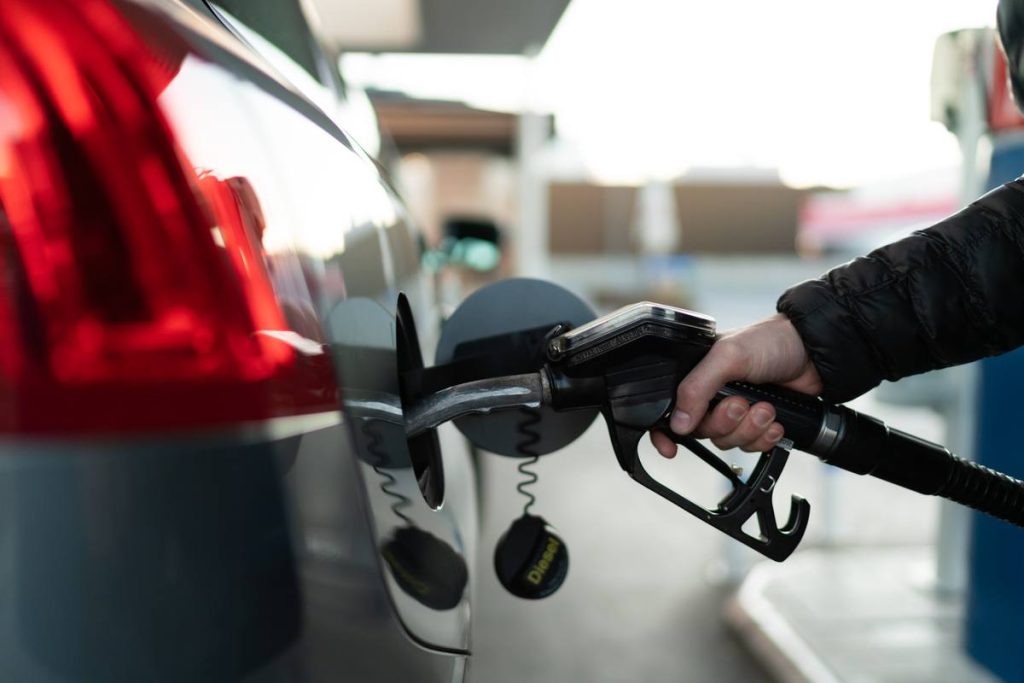What to do if you accidentally misfueled your car?
Whether you’re in a hurry, renting a car, or simply not paying attention, accidentally putting the wrong fuel into your car is a common mistake that happens a lot. Much more than you probably think.
Sure it’s an easy mistake to make, but you must understand that the consequences can often be severe – which is why it’s so important to take immediate action to minimise the damage to your car and to get back on to the road safely.
Don’t start the car
If you’re one of the lucky ones that have realised straight away that you misfueled your car, do not even attempt to start it. When you start the car the fuel begins to circulate throughout the engine, which will cause issues to arise and make it harder to fix problems.
Stop Driving
If you’ve realised a little bit late that you have misfueled and are already driving out of the gas station, you need to stop driving immediately. Continuing to drive your car with the wrong fuel can exponentially increase the damage to your engine and entire fuel system.
If you haven’t started driving yet, stay where you are, and don’t turn the key in the ignition. If you’re already driving, pull over to a safe location as soon as possible and turn off the engine – you will then most likely need to tow your car to the technicians.
Filling a petrol car with diesel
Diesel fuel does not typically damage the motor or fuel system of a petrol-powered vehicle per se; it’s only once the engine is ignited and the fuel pump begins pumping diesel fuel into the fuel line will an issue arises.
Nevertheless, filling petrol cars with diesel is generally more common than filling petrol cars with diesel. When mixed, diesel and petrol can cause serious technicianal issues to the car, and if driven, may break down the car completely.
Spark plugs and injector valves will bear the brunt and at the very least cause them to misfire. The catalyst and components of the piston group will also be impacted in the worst-case situation.
Diesel in petrol car symptoms
- Hard starting: Diesel needs more air to ignite because it’s heavier than petrol. The mixture of petrol will make it challenging for the ignition to work.
- Rough engine: Diesel burns differently than petrol, which can result in the engine making harsh, loud noises.
- Black smoke: Black smoke shooting out of your exhaust pipe is a clear indication that you have misfueled with diesel.
- Loss of power: You will feel a noticeable difference in the car’s acceleration.
Filling a diesel car with petrol
Reverse situations also happen. But when diesel fuel gets into a petrol car, the situation becomes much more severe. Since petrol has a lower density than diesel, during refuelling, the diesel fuel sinks to the bottom of the gas tank and quickly makes its way into the fuel line. As a result, drivers will immediately feel like there is a problem with the way their car feels and sounds.
Adding petrol to diesel creates a solvent that dissolves the lubricant. When the ignition is turned on, the mixture circulates and creates additional friction between the components, leading to damage across all engine parts including the fuel lines and pumps.
Petrol in diesel car symptoms
- Engine misfire: because the petrol engine burns fuel at a different rate than a diesel engine it can cause the engine to misfire, stutter, or stall.
- Trouble starting: you may notice the car’s ignition become stubborn, or even impossible to start.
- Smoky exhaust: black smoke, which is a sign that the gasoline isn’t burning properly, may come from the tailpipe.
- Loud engine: a louder, more grunty sound may come from the engine. You may also hear a knocking or pinging sound coming from the exhaust pipe.
- Reduced power and acceleration: The car may feel more sluggish and less sharp with its responses.
Visit a qualified technician
Our technicians can fix misfuelling issues in several ways. First, they would need to assess the impact that the misfueling has had on the car. This could involve checking for a clogged fuel filter or a faulty fuel pump, as well as examining the fuel lines for leaks or damage. Once the issue is identified, our team will take the necessary steps to get your car up and running again.
As a scenario, once your car has been towed to a garage or fuel station, the next step would usually be to drain the fuel tank. This will remove the contaminated fuel and prevent further damage to your engine and fuel system. Draining the tank is a complex process that requires special equipment, so it’s important to have our professional team do it for you.
Cleaning the tank alone won’t be enough if the motor was running for a while on a mixture of petrol and diesel fuel. You would most likely be looking at replacing the injector valves, fuel lines, and fuel filter.
Preventing Misfuelling
It’s important to take steps to avoid putting the wrong fuel in your car in the first place. Make sure you know what type of fuel your car requires and double-check before filling it up. If you’re driving a rental car or borrowing someone else’s car, take extra care to check the fuel type.
In conclusion, putting the wrong fuel in your car can be a frustrating mistake, but there are ways to recover from it. Follow the steps above and seek the help of our trusted technicians to ensure your car is back on the road as soon as possible.
